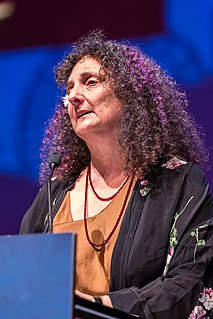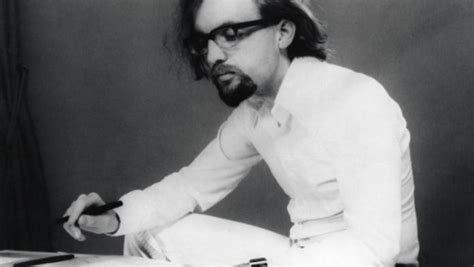A Quote by Bertrand Russell
Love, children, and work, are the great sources of fertilizing contact between the individual and the rest of the world.
Related Quotes
Dolls, perhaps more than any other object, demonstrate just how thin the line between love and fear, comfort and horror, can be. They are objects of love and sources of reassurance for children, coveted prizes for collectors, sources of terror and horror in numerous movies, television shows, books, and stories.
I love to act. And between action and cuts, when you work for somebody great, it's wonderful, and I still love it. The moment where you create, that instant is still magic to me. But, all the rest, I get bored with it - all the waiting, and the fact that you have to make appearances, that you have to share your life.
There is the great, silent, continuous struggle: the struggle between the State and the Individual; between the State which demands and the individual who attempts to evade such demands. Because the individual, left to himself, unless he be a saint or hero, always refuses to pay taxes, obey laws, or go to war.
When I was in Wuhan, I went to the art school, which was one of the most important art schools in China, an enormous art school. One of the things that I saw is that the schools are very big and there are so many students. It is very difficult to me to teach creative activity to great numbers of people, because I think you need personal contact with students, you need to speak individually, you need individual contact between teachers and students, you need continuity. To me this is a problem in mass education in every society now.
The thing is, as an actor, I get bored a little bit. I love to act. And between action and cuts, when you work for somebody great, it's wonderful and I still love it. The moment where you create, that instant is still magic to me. But, all the rest, I get bored with it - all the waiting, and the fact that you have to make appearances, that you have to share your life.
To love is good, too: love being difficult. For one human being to love another: that is perhaps the most difficult of all our tasks, the ultimate, the last test and proof, the work for which all other work is but preparation. Love is a high inducement to the individual to ripen, to become something in himself, to become world for himself for another's sake, it is a great exacting claim upon him, something that chooses him out and calls him to vast things.


































